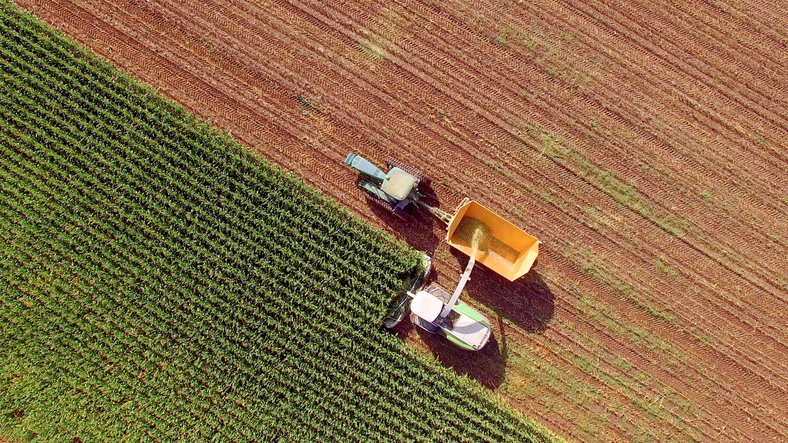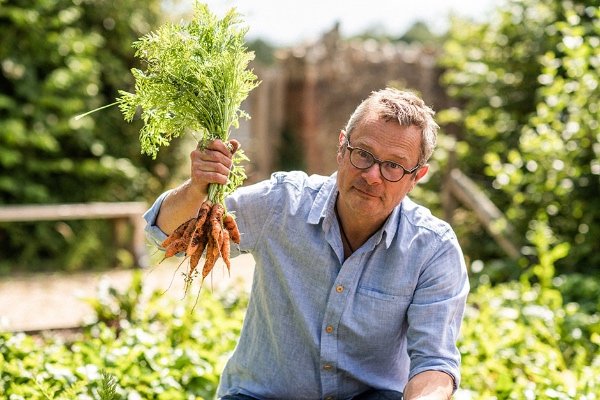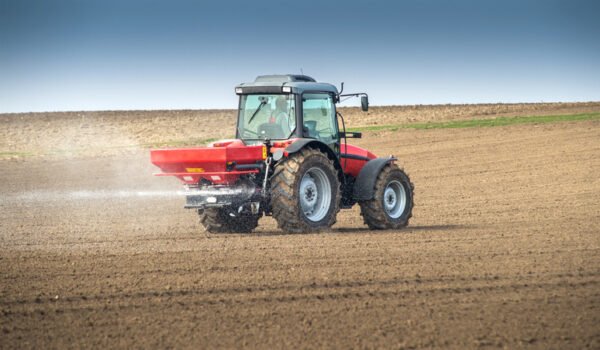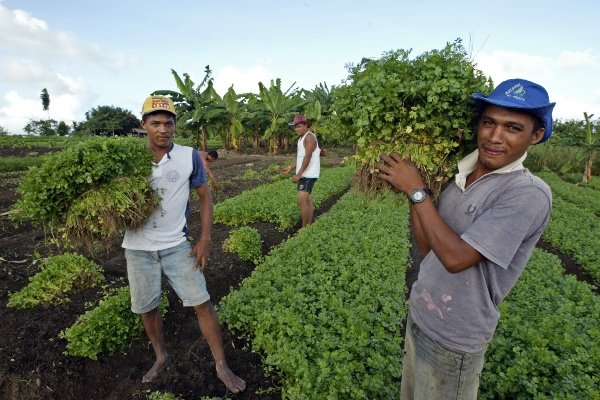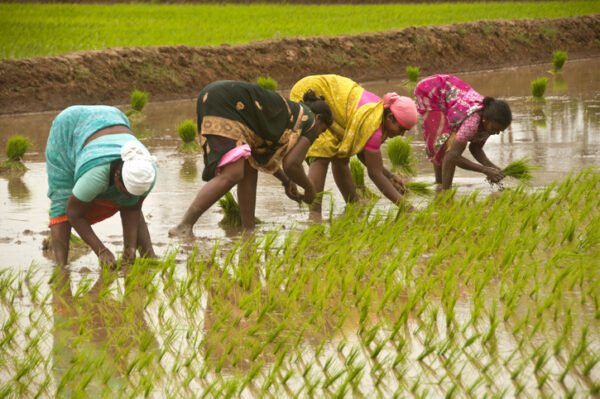New research exposes ‘concerning lack of commitment to protect people and planet’ from world’s major food and agriculture companies
The World Benchmarking Alliance (WBA) has published new research showing that the vast majority of the world’s major food and agriculture companies need to take decisive action to protect the planet and to feed the world in a healthy and equitable way.
WBA analysed the 350 most influential food and agriculture companies around the world, including Bayer, Unilever and Walmart, to ensure the industry is held accountable for its role in contributing to healthier, more sustainable and more equitable food systems.
The companies were ranked on how they are managing their impact on nature and the environment, improving the healthiness of their food products and providing decent working conditions.
Companies failing to protect nature
Food systems are responsible for a third of global greenhouse gas emissions; they rely on nature but companies are failing to protect it and mitigate climate impact.
Agricultural expansion drives almost 90% of global deforestation, yet just 6% have a time-bound commitment to eliminate deforestation entirely. Only 15% of companies have a commitment to zero ecosystem conversion.
Worryingly, only 2% of companies understand their wider impact on nature, despite their reliance on the long-term health of the planet to grow crops.
‘To reach net zero by 2050, we know we must end deforestation by 2025. Food and agriculture companies have a huge opportunity to simultaneously tackle climate change and biodiversity loss by eliminating deforestation. But despite some leading companies committing to end deforestation, our benchmark results show there is still a long way to go.’
JENNI BLACK
WBA’s Nature Transformation lead
There has been some small progress across the sector since 2021: almost 50% of companies have some form of climate commitments, of which 46 companies have scope one and two greenhouse gas (GHG) reduction targets, in line with limiting global warming to 1.5ºC, and report progress (up from 27 in 2021). 13 report progress against science-based targets for scope three emissions (up from 7 in 2021).
Improving nutritional quality
Food systems don’t meet the needs of consumers, farmers or local communities.
Humanity depends on food for survival, yet a third of the global population suffers from malnutrition.
Food companies have an urgent responsibility to prevent food insecurity, micronutrient deficiencies and diet-related diseases.
Currently, only 49 (18%) of consumer-facing companies share how they are adapting products to improve their nutritional quality, and just five companies have set targets to increase sales from healthy foods, with retailers leading the way.
Those furthest behind are global restaurant chains and food service providers, who are failing to show decisive steps to improve their food offerings.
 Play Video about This Rock Might Just Save The World
Play Video about This Rock Might Just Save The World Play Video about Play 2 hours of rock
Play Video about Play 2 hours of rock Play Video about Play 2 hours of brook
Play Video about Play 2 hours of brook Play Video about Play 2 hours of sheep
Play Video about Play 2 hours of sheep

















